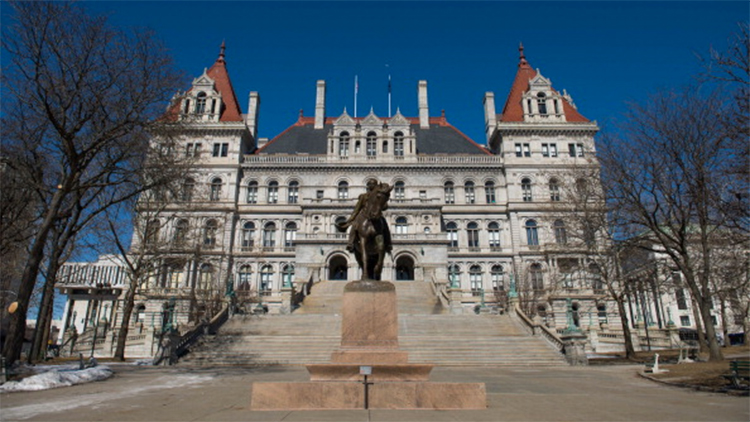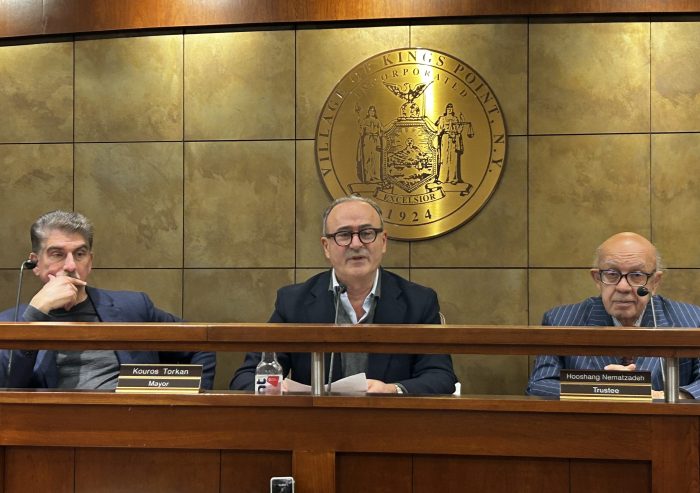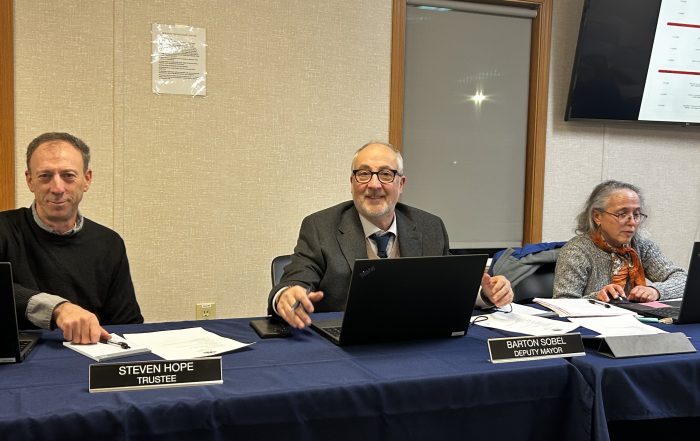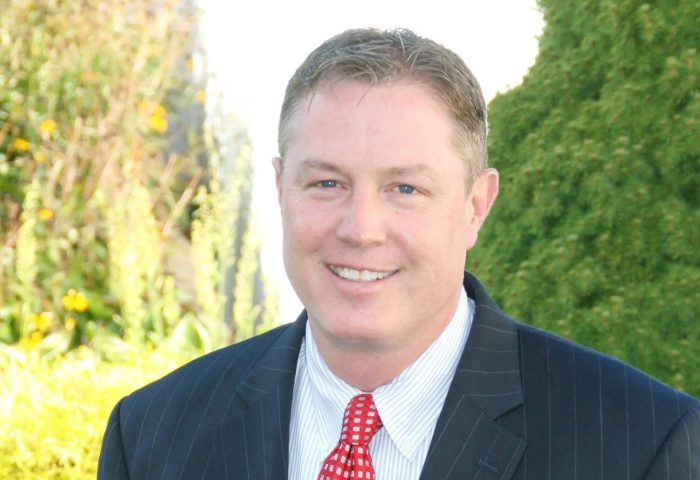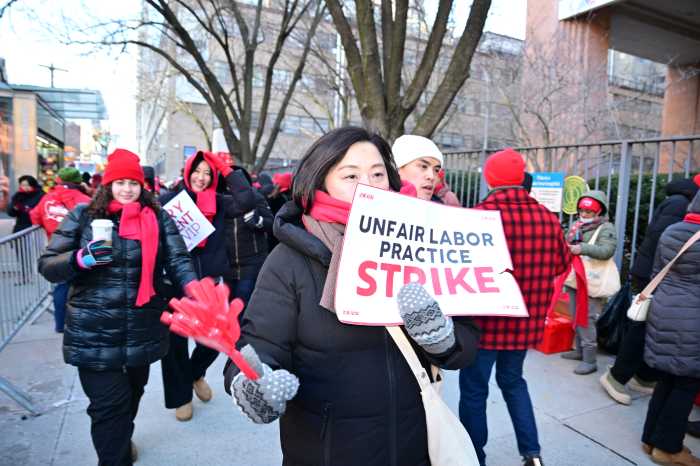New York State Attorney General Eric Schneiderman Friday renewed calls for the state legislature to pass ethics reforms following recent corruption arrests—urging lawmakers to approve the measures before adjourning June 17.
The proposed “End New York Corruption Now Act” includes campaign finance reforms such as lowering political contribution limits—which are the highest in the nation—eliminate the LLC Loophole that allows corporations to donate mass amounts of money to campaigns and limit contributions from lobbyists. The bill would also ban campaign funds from being used for personal uses, such as clothing or tuition.
“Corruption in New York is nothing new,” Schneiderman told reporters during a news conference in Mineola. “The public needs a more fair and transparent government.”
The proposal comes after former state Senate Majority Leader Dean Skelos (R-Rockville Centre) and former state Assembly Speaker Sheldon Silver (D-Manhattan) were both arrested and pleaded not guilty to federal corruption charges. Despite the arrests, the legislative leaders who replaced them reportedly do not plan on passing the reforms.
The proposal includes banning outside income for state legislators and increasing legislative salaries to compensate. Another major reform would be to create a four-year legislation term, instead of the current two-year term. It would also would create new felonies for public servants that abuse their position.
Good government groups backed the attorney general’s proposal.
“The public has lost patience with Albany’s inability to address New York’s continuing crisis of corruption,” said Susan Lerner, executive director of Common Cause/New York who called the proposal “common sense and long-overdue measures.”
Lisa Tyson, director of the Long Island Progressive Coalition, agreed.
“By providing an alternative to pay-to-play politics, Attorney General Schneiderman’s plan will restore control of state government to voters instead of donors,” she said. “That will mean state laws that benefit the majority of New Yorkers instead of the richest 1 percent of the 1 percent.”




